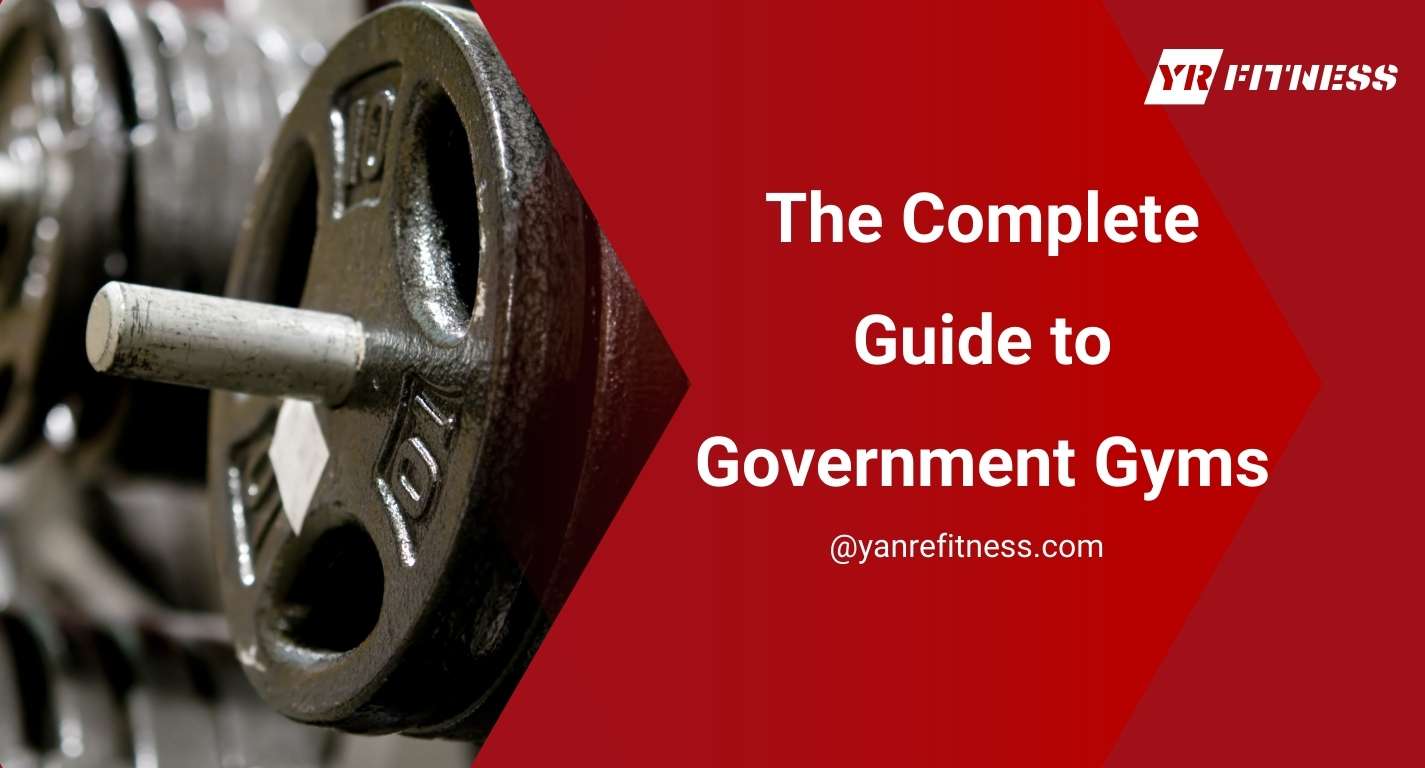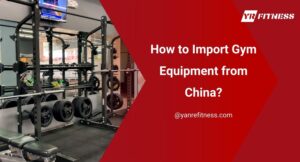Have you ever considered how government-operated gyms can benefit your business? These facilities offer an often-overlooked opportunity for businesses that cater to fitness, wellness, and community engagement.
As a public health and fitness infrastructure expert, I’ve studied how government gyms impact communities and business opportunities.
Government gyms are fitness facilities funded and managed by public agencies. These gyms aim to promote community health by providing accessible and affordable workout options.
In this guide, you’ll explore what makes government gyms different, the types available, the benefits they offer, the equipment and programs provided, and the challenges they face.
Let’s get started!
Table of Contents
- 1. What Are Government-Operated Gyms?
- 2. Types of Government-Supported Gyms
- 3. Benefits of Using Government Gyms
- 4. Equipment in Government Gyms
- 5. Government Fitness Programs and Classes
- 6. Comparing Government Gyms with Private Gyms
- 7. Challenges Faced by Government Gyms
- Conclusion
- Dive Deeper Into Our Resources
1. What Are Government-Operated Gyms?
Government-operated gyms offer affordable fitness programs for all income levels, promoting health and wellness. These facilities are essential in driving the global health and fitness market, which is projected to reach $217 billion by 2030, according to Fortune Business Insights.
These gyms typically offer equipment such as free weights, cardio machines, and group classes like yoga. Let me guess, you might be thinking that all gyms offer similar services. However, government gyms go beyond by making fitness accessible to everyone, encouraging healthier lifestyles, and fostering a strong sense of community while improving public health.
2. Types of Government-Supported Gyms
Government gyms are fitness centers provided by public institutions such as local governments, military bases, and schools. These gyms aim to promote health and wellness for specific groups like community members, public employees, and military personnel. Here are the types of government gym:
Community Recreation Centers
Community recreation centers are open to the public, providing affordable access to fitness programs. They offer a variety of equipment, group classes, and sports facilities for all ages, from youth sports to senior fitness programs. These centers aim to promote health and wellness within the community by making exercise accessible and affordable for everyone.
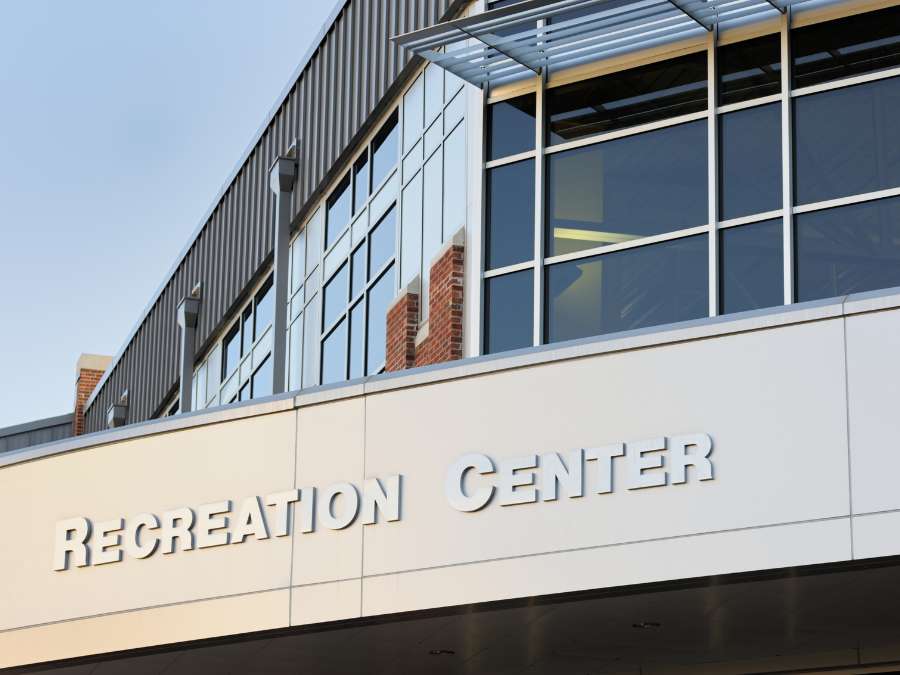
Military Fitness Centers
Military fitness centers provide free access to specialized equipment and training for active-duty personnel and their families. These gyms focus on strength, endurance, and combat readiness programs. At YR Fitness, our equipment is built for durability and high performance, making it an ideal fit for military gyms, supporting the rigorous demands of service members’ training needs.
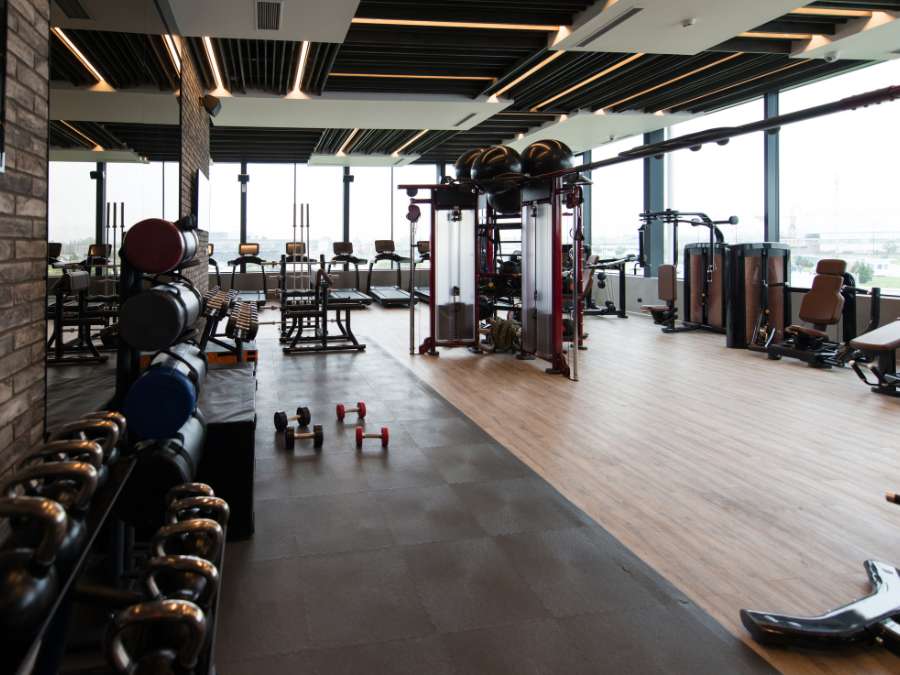
University and College Gyms
These gyms serve students, faculty, and staff, with state-of-the-art equipment, sports courts, and pools. Membership is typically free for students, while faculty and staff may pay a small fee. Some universities also offer memberships to the public, providing access to group classes, intramural sports, and fitness programs designed to support a healthy campus lifestyle.
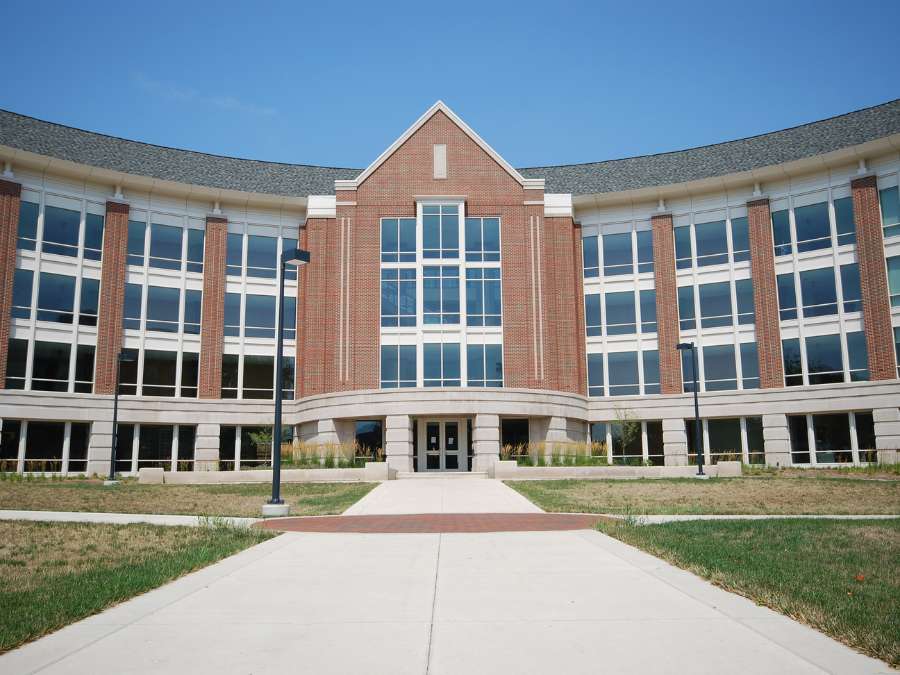
Workplace Fitness Centers
Workplace fitness centers are provided by government agencies or large corporations to promote employee wellness. These gyms offer equipment and wellness programs, often at little to no cost for employees. They are designed to encourage a healthy and active lifestyle in the workplace, offering convenient access to yoga classes, fitness challenges, and general exercise equipment.
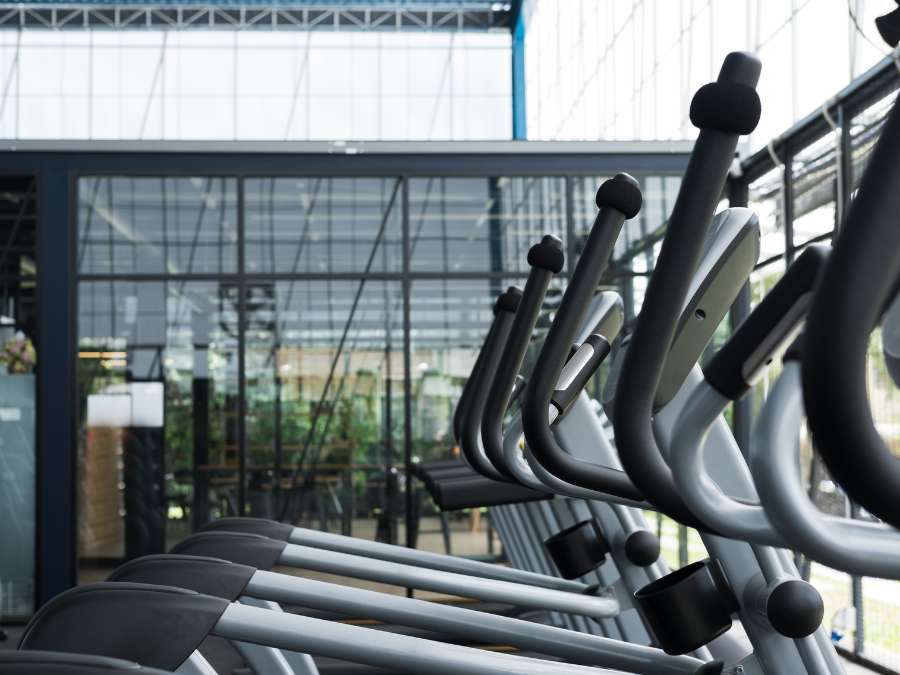
Senior Fitness Centers
Senior fitness centers are tailored to older adults, offering low-impact exercise equipment and specialized classes. These centers focus on improving mobility, balance, and strength, which are important for maintaining independence in later life. Programs are typically affordable and provide seniors with a safe and supportive environment to stay active and healthy.
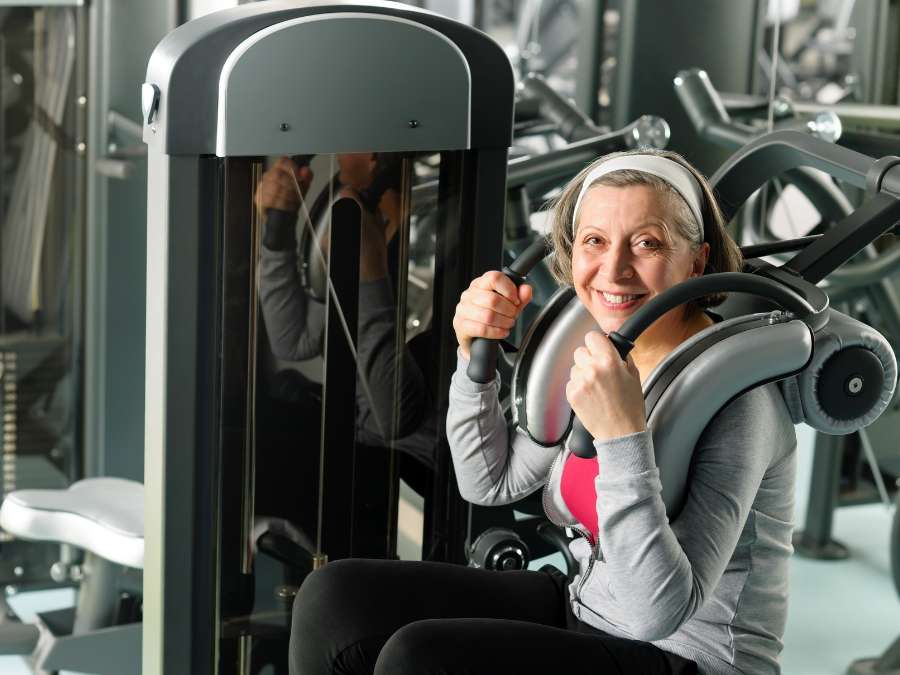
3. Benefits of Using Government Gyms
When considering the advantages of government gyms, it’s important to recognize their cost-effectiveness and the community benefits they offer. These facilities provide health solutions tailored to meet the needs of various groups. Below are some key benefits of government gyms:
Inclusive for All Ages and Fitness Levels
Government gyms are built to accommodate a wide range of fitness levels and ages. They offer programs tailored for everyone, from beginners to advanced athletes, with age-appropriate activities like youth sports and senior fitness classes. This variety helps make exercise accessible and enjoyable for all members of the community, promoting a healthy lifestyle regardless of experience or ability.
Community-Oriented Fitness Programs
Government gyms often focus on offering community-driven programs. This includes group fitness classes, sports leagues, and wellness workshops. In other words, by tailoring services to the community, these gyms create a supportive environment that encourages ongoing fitness and well-being, helping people stay active and engaged in their health goals.
Improve Public Health
Government gyms play a significant role in promoting public health by offering convenient and affordable exercise options. Regular physical activity helps reduce the risk of chronic diseases like heart disease and diabetes while also improving mental health. By encouraging healthier lifestyles, these gyms contribute to overall public wellness, which can also help lower healthcare costs in the long run.

4. Equipment in Government Gyms
When considering government gyms, it’s essential to know what types of facilities and equipment are available. These amenities are tailored to serve a wide audience, so understanding what’s offered can help you make the most of your workout experience. Here are 5 key factors to consider regarding the facilities and equipment in government gyms:
Cardio Equipment
Most government gyms are equipped with a variety of cardio machines like treadmills, stationary bikes, and ellipticals. These machines are crucial for individuals looking to improve cardiovascular health or maintain an active lifestyle. In some cases, these gyms may also offer rowing machines for a full-body cardio workout.
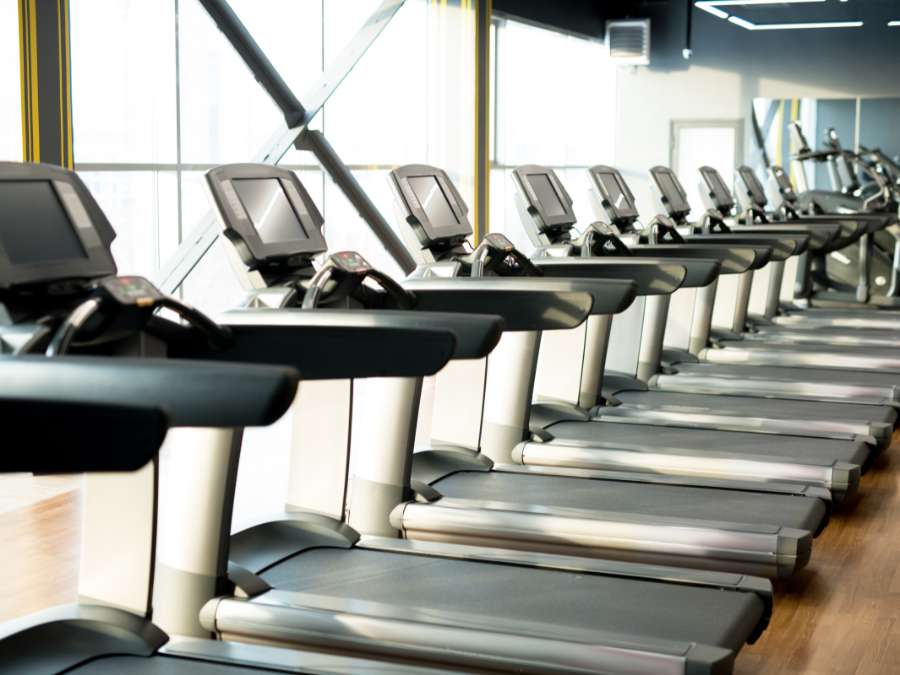
Strength Training Machines
Government gyms typically include weight machines designed to target specific muscle groups, making strength training accessible for everyone. These machines are great for beginners, guiding users through movements to reduce the risk of injury. At YR Fitness, we provide strength training equipment designed to meet these needs, ensuring both safety and accessibility.
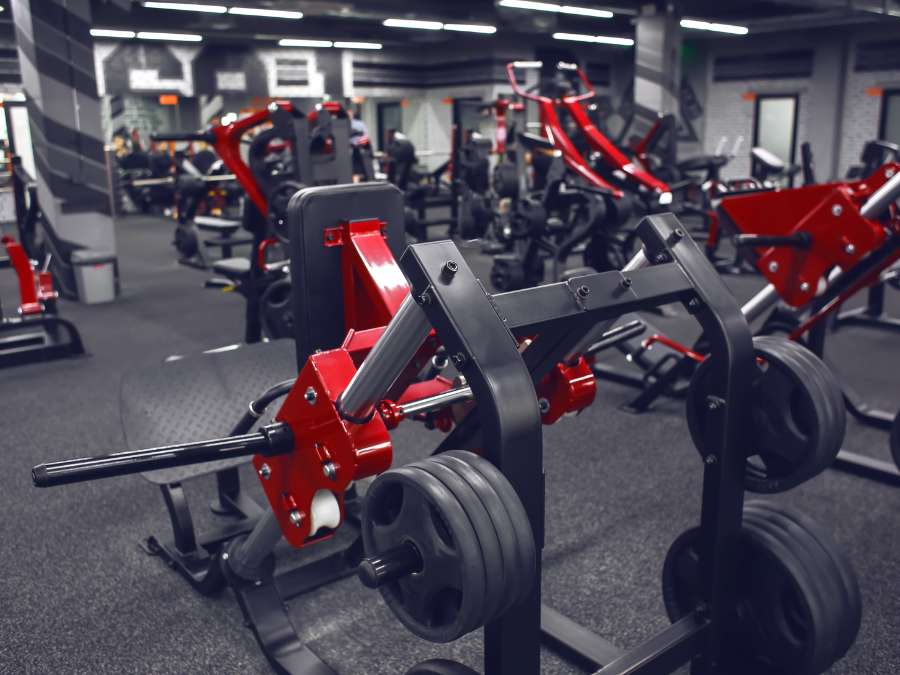
Free Weights and Resistance Equipment
Many government gyms provide free weights like dumbbells and barbells, along with resistance bands. By the way, this equipment allows for a wide range of strength-training exercises, offering flexibility for users to tailor their workouts according to their fitness levels and goals. It’s perfect for individuals looking to customize their routines based on personal preferences and fitness progress.
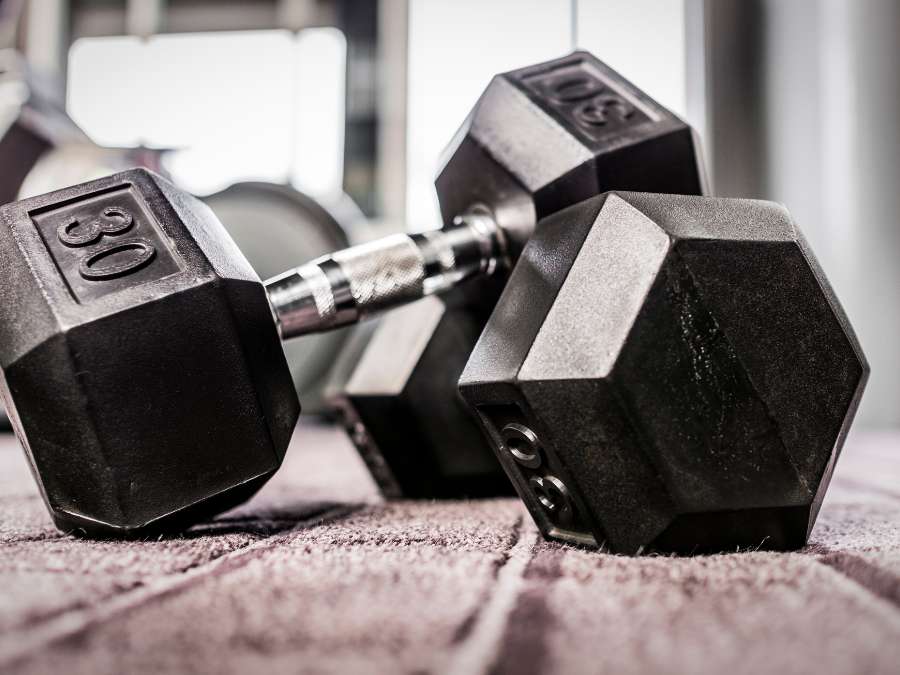
5. Government Fitness Programs and Classes
When it comes to government gyms, the variety of fitness programs and classes is tailored to meet the needs of diverse communities. These programs are designed to provide accessible and inclusive fitness opportunities for all. Here are some key fitness programs and classes often available in government gyms:
Yoga and Zumba
Yoga and Zumba are popular group fitness classes offered at most government gyms. Yoga focuses on flexibility, strength, and mental wellness through calming poses and breathing exercises. Zumba, for example, is a high-energy dance class inspired by Latin music, designed to boost cardiovascular fitness while burning calories in a fun, engaging way.
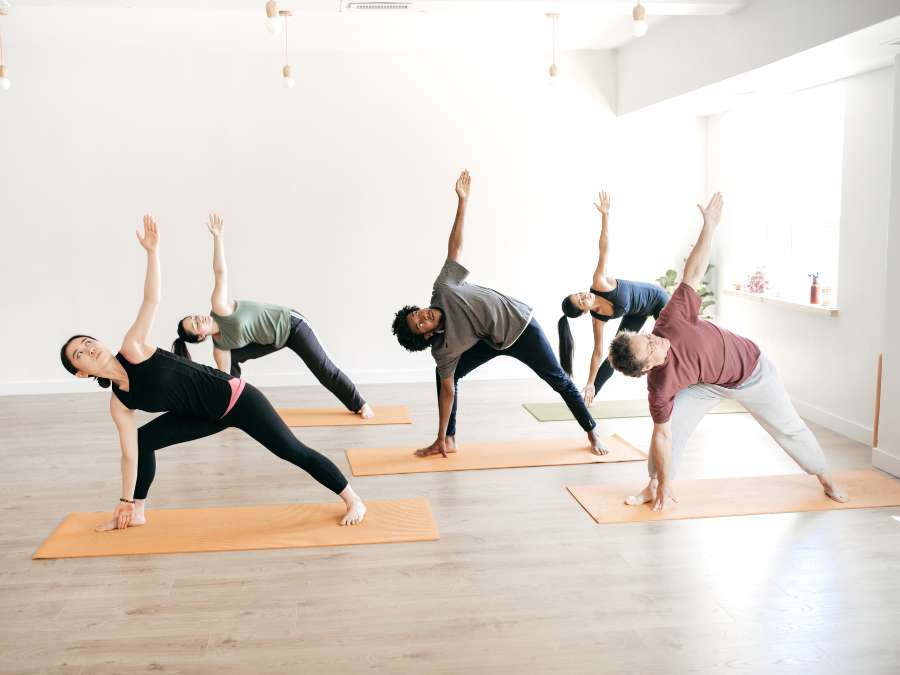
Water Aerobics and Tai Chi
Water aerobics and Tai Chi are low-impact options ideal for seniors or those with joint issues. Think about it, water aerobics combines strength and cardio in a pool, reducing joint stress while providing a full-body workout. Tai Chi’s slow movements improve balance and mental focus, supporting both physical and mental health. These exercises maintain fitness without overstraining the body.

Sports Leagues
Government gyms often organize sports leagues for various age groups, including youth and adult leagues. These leagues cover sports like basketball, soccer, and volleyball, offering a fun, competitive way to stay fit and develop teamwork skills. These programs are particularly effective in encouraging young people to engage in regular physical activity.
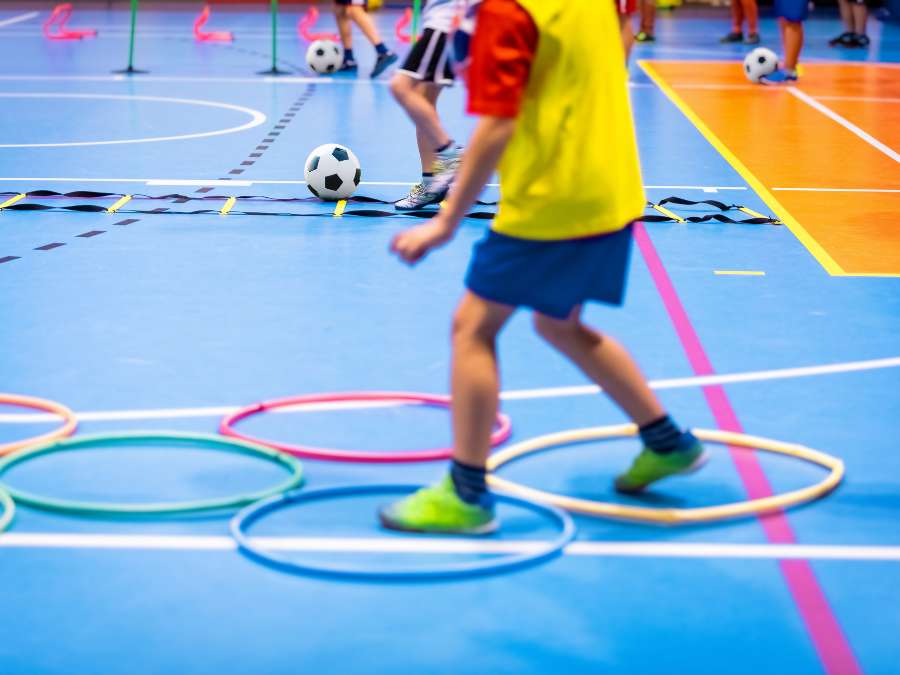
Rehabilitation Classes
For individuals recovering from injuries or managing chronic conditions, government gyms often provide rehabilitation-focused classes. These include exercises designed to improve mobility, strength, and overall physical function in a safe environment. Rehabilitation programs are usually led by trained professionals and cater to specific health needs.
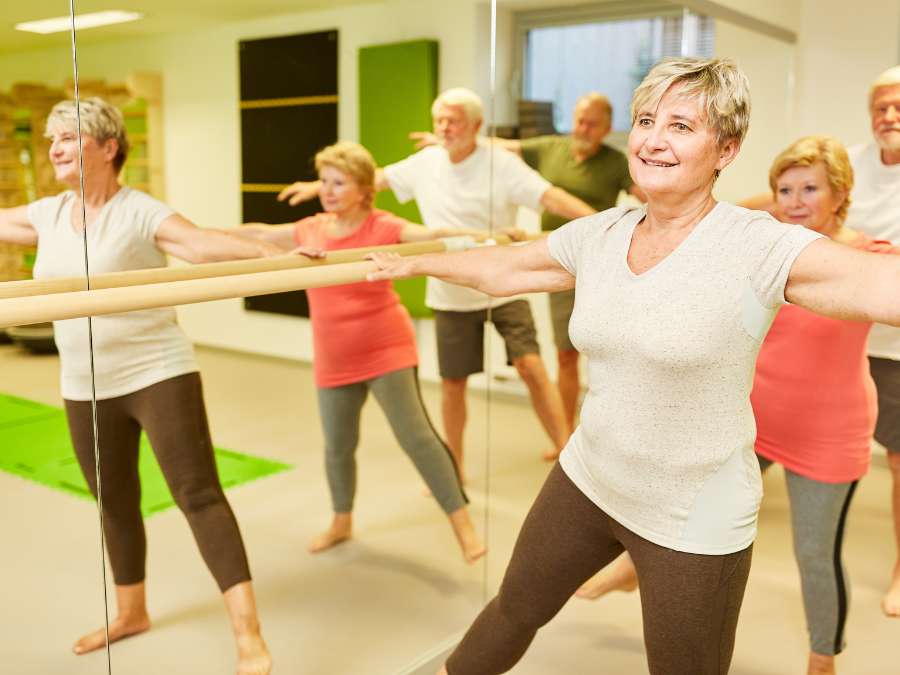
Boot Camps and Cycling
Boot camps and cycling classes are intense workout sessions aimed at building strength, endurance, and cardiovascular health. For example, boot camps typically involve high-intensity interval training (HIIT) with bodyweight exercises like push-ups and squats. Cycling, whether indoor or outdoor, provides a heart-pumping cardio workout that helps increase stamina and burn calories efficiently.
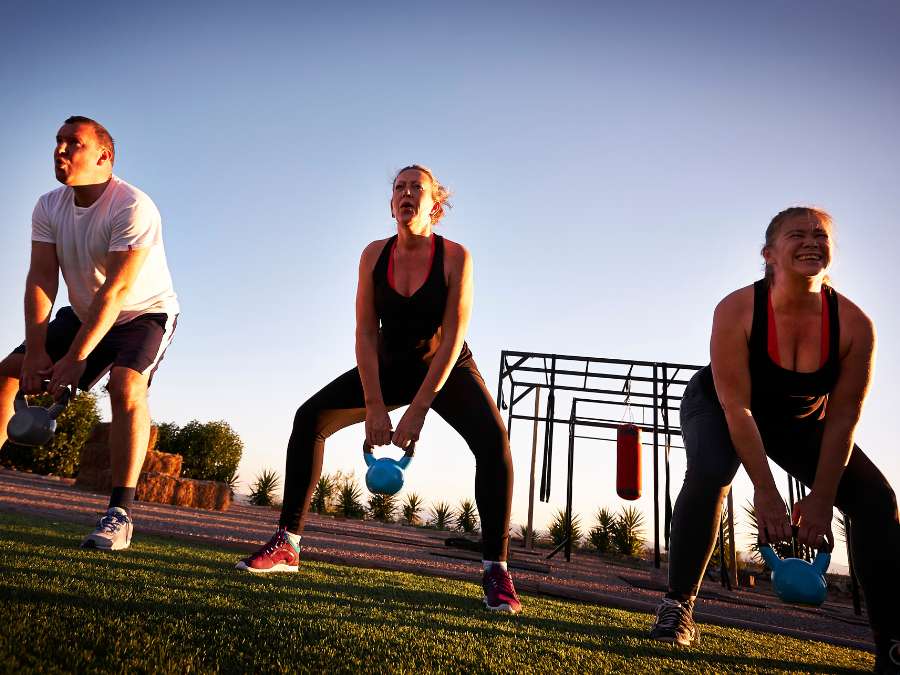
6. Comparing Government Gyms with Private Gyms
Government gyms and private gyms offer unique experiences. OK, I know what you’re thinking—how do they stack up? Government gyms focus on affordability and community access, while private gyms provide more advanced equipment and personalized services, often at a higher cost. Here’s a quick comparison to help you choose the right fit:
Feature | Government Gyms | Private Gyms |
Cost | Usually free or low-cost | Higher membership fees |
Target Audience | Open to the public, all ages and fitness levels | Focused on paying members, often adults |
Facilities | Basic equipment and community-focused programs | More specialized equipment and personal training |
Programs Offered | Group fitness, community wellness, and sports | Personalized training, high-end fitness classes |
Accessibility | Located in public spaces, easy access for all | Often requires membership, exclusive access |
Hours of Operation | May have limited hours due to funding | Extended hours, including early morning and late evening |
7. Challenges Faced by Government Gyms
Government gyms offer valuable fitness opportunities for many communities, but they also face several challenges that impact their operations and services. These issues can range from funding limitations to facility maintenance. Here are the 5 main challenges government gyms often encounter:
Limited Funding
Government gyms typically rely on public funding, which can be inconsistent or insufficient. Budget cuts or economic downturns can reduce the money available for upgrading equipment, maintaining facilities, or expanding programs. This lack of funds can affect the overall quality and accessibility of the gym.
Outdated Equipment
Due to limited budgets, government gyms often struggle to keep up with the latest fitness technology. Let me guess, you’ve seen machines becoming outdated, making it harder for members to enjoy their workout. Upgrading equipment is costly, so many government gyms focus on basic maintenance rather than investing in new technology.
Overcrowding
Since government gyms are often free or low-cost, they attract large numbers of people. This can lead to overcrowding during peak hours, making it hard for members to access equipment or participate in classes. Overcrowding can also create a less comfortable workout environment, which may discourage consistent attendance.
Facility Maintenance
Maintaining large fitness facilities can be costly and labor-intensive. Government gyms may not always have the resources needed to keep facilities in top condition. Issues like broken equipment, poor sanitation, or inadequate heating and cooling systems can reduce the gym’s appeal and usability for members.
Limited Program Diversity
While government gyms offer basic fitness programs, they often lack the variety seen in private gyms. With limited funding and space, it can be challenging to provide specialized classes like Pilates, CrossFit, or martial arts, which may limit the appeal for those seeking more diverse workout options.
Conclusion
Government gyms provide essential fitness opportunities, offering affordable access to exercise programs and equipment for people of all ages. They focus on promoting public health and encouraging active lifestyles through various classes and workout spaces.
We hope this guide gave you valuable insights into government gyms and their role in public health. If you’re looking for high-quality gym equipment, YR Fitness offers durable, modern solutions designed for any gym facility. Contact us to see how we can help elevate your fitness center’s equipment and services.
Dive Deeper Into Our Resources
Looking for more diverse product options? Browse through our handpicked selections:
For some insightful reads, we’ve curated a list of recommended articles just for you:
Still haven’t found what you’re looking for? Don’t hesitate to contact us. We’re available around the clock to assist you.
Related articles:
